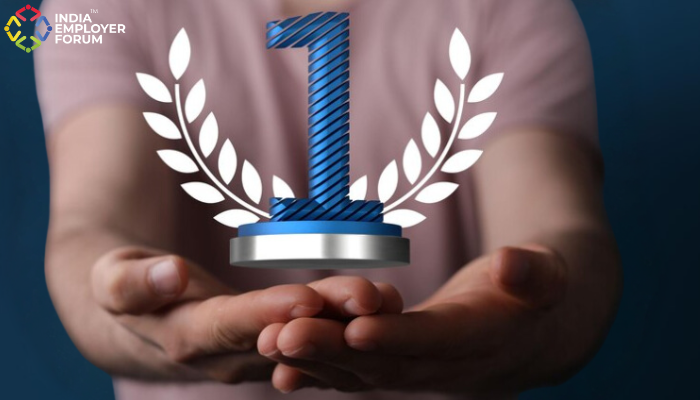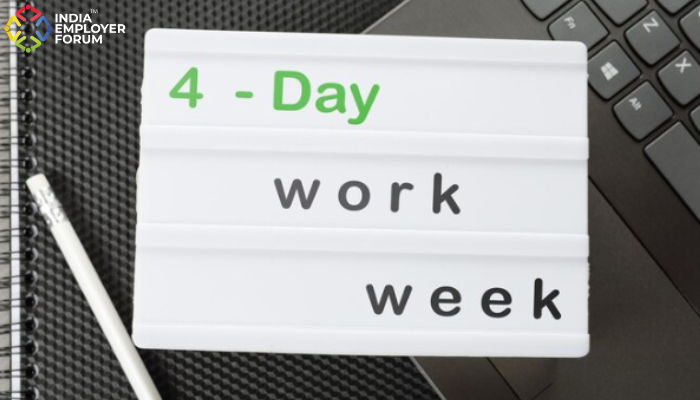As soon as the festive season comes knocking, we’re the first to ensure that our social media is full of humorous content targeted at HR professionals. In jest, we talk extensively about how they deck up the halls with ribbons, over-the-top lights, and spread cheer with team-building tasks and organisation-wide contests. But, whether they enjoy it or not, building a rapport with employees and improving people skills is a vital part of their HR professional development.
HR professionals are indispensable to a company’s growth and culture. Without them, the chances of finding exceptional talent are close to none. Their everyday tasks aren’t just limited to handling employee-related concerns and hiring or firing people. The pandemic changed how office campuses operate and the employer-employee dynamic. As organisations gear up to face the swiftly changing face of work, HR professionals ensure that new processes are created and implemented at the speed of light.
How can HR professionals help achieve organisational goals?
Organisations all over India are heavily invested in improving HR technology.HR teams now focus on sustainable scalability, helping build agile teams, and creating an identity. With bold business moves taking place every day, HR teams now look to hire “talent” rather than “labour”. Tectonic shifts in the workplace are supplemented by calculated risks to create more adaptable and creative models.
For significant long-term value generation, HR professionals should shed light on the purpose, value, and the culture of the organisation. In doing so, they can set and achieve professional development goals.
What are HR professional development goals?
Professional development goals are set to improve an individual’s skill sets, competencies, and areas of improvement to get a leg up in their career. Many make the mistake of confusing professional goals with performance goals.
While there is often an overlap between both sets of goals, HR professionals must remember to segregate each properly. Performance goals measure the individual’s performance as it is linked to the organisation’s key results and outcomes.
Think of it this way. A performance goal would be to hire more female employees in leadership positions to bridge the gender gap. On the other hand, a professional goal might be to improve one’s budgeting skills. By setting professional development goals for themselves, HR professionals can analyse their areas of improvement, hone their skills, and add to the overall performance goals of the organisation.
How to set and achieve HR professional development goals
Climbing any ladder in the workspace may not come easy. But, with some planning, you can reduce the number of steps and turn them into sprints to reach the top.
Here’s how you can set HR professional development goals and also achieve them.
1. Create SMART goals
Sounds like the obvious thing to do? Well, yes. But, also ensure that your goals are:
S – Specific |M – Measurable |A – Achievable |R – Relevant |T – Time-bound
For instance, your professional goal can be completing a people management course. It’s specific–the course has a title and a curriculum that lays out the contents of the course. It’s also measurable. With anonymous surveys or employee feedback about you, you can measure how it helped you grow or guage how far you’ve come.
A time-bound course automatically brings relevance with it. The only thing you have to check now is how achievable your goal is. Does your daily schedule allow time to squeeze in the program? Can you spread the course hours out over a few weeks? If you feel like it’s something you can’t make time for, try moving things around in your schedule or start with a more reasonable and achievable goal.
2. Chalk out your career path
While it’s an excellent idea to have a five-year plan for yourself, creating one isn’t as easy. Which role do you see yourself excelling at in the future? Are there specific skills that you lack to get there? Is there a niche area you want to build expertise in? As times change, responsibilities within the HR department are broadening. Map out where you are, where you want to be, and always keep a Plan B ready to tackle unprecedented hurdles.
3. Don’t try to achieve everything at once
Think of a time when you excelled at a particular task. Think of all the things working in your favour that allowed that to happen. Now, think of another time when you failed at accomplishing a goal. What hindrances forbid your goals from being realised? This is a good time to audit your skills, capabilities, and limitations. Break down bigger goals into smaller chunks and tackle them one at a time. Trying to shoot for the stars immediately may seem overwhelming and may also be discouraging during the process.
4. Be future-ready with new HR skills
As we adjust to new work environments and fluid employment opportunities, HR professionals now need to beef up their resumes. Soft skills, people analytics, recruitment marketing, futuristic HR technology, and workplace conflict management are skills to polish for the organisation’s overall growth. Along with this, creating an inclusive workspace and being empathetic to people’s plight are skills HR professionals need to learn to be trusted and valued employees.
5. Track your progress
If it helps, maintain a journal or better yet, think of your growth as a video game where you can save your progress. It’s therapeutic and uplifting to see how far you’ve come and all that you’ve achieved. Tracking your progress also allows you to review your long-term professional development goals and if it needs tweaking.
HR professional development goals help individuals focus on dreams that matter and bring clarity to advance their careers. Be future-ready and improve your core HR skills to bring change to the organisation and help build a culture that is informed, profitable, and respected.
References:
- HR Professional Development Goals and How to Set Them | AIHR
- The new possible: How HR can help build the organisation of the future | McKinsey & Company | March 12, 2021
- Estimated Human resource management technology market size in India in 2021, by sector | Statista | March 28, 2022
- 5 Future Skills Every HR Department Should Have to Prepare for 2022 | IFP | January 18, 2022




